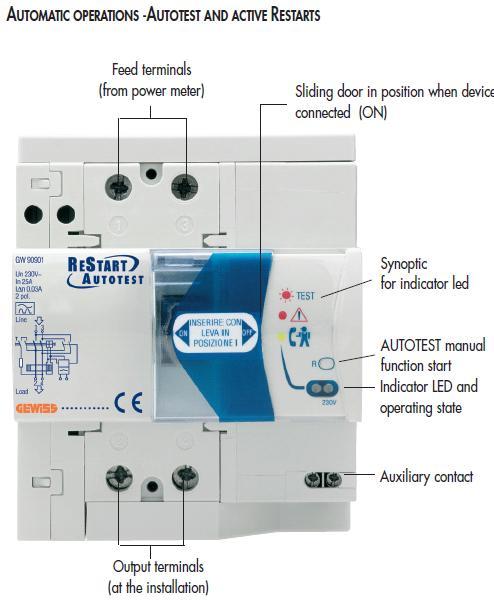Hi,
We have a split load consumer unit installed less than 5 years ago, about a week ago we had an instance where the RCD that controls the D/S power and U/S lights tripped (this was about 11-30 at night so not a lot of appliances operating). I reset the RCD and it tripped again within 10 seconds, tried a couple more times with no improvement.
The only thing running at the time was the dishwasher (less than a month old) so I left that switched off and the RCD remained on, about 20 minutes later I tried the Dishwasher and everything ran ok - no tripping.
All was well until last evening when the same series of events happened again, this time the dishwasher wasn't running but the same RCD tripped out 4 or 5 times in succession until finally resetting and has been OK since.
Does this point to a faulty RCD? with it being so intermittent I was thinking it couldn't be a wiring problem (nothing has changed recently).
Is there any easy (DIY) method of isolating what the cause is likely to be?
Thanks
We have a split load consumer unit installed less than 5 years ago, about a week ago we had an instance where the RCD that controls the D/S power and U/S lights tripped (this was about 11-30 at night so not a lot of appliances operating). I reset the RCD and it tripped again within 10 seconds, tried a couple more times with no improvement.
The only thing running at the time was the dishwasher (less than a month old) so I left that switched off and the RCD remained on, about 20 minutes later I tried the Dishwasher and everything ran ok - no tripping.
All was well until last evening when the same series of events happened again, this time the dishwasher wasn't running but the same RCD tripped out 4 or 5 times in succession until finally resetting and has been OK since.
Does this point to a faulty RCD? with it being so intermittent I was thinking it couldn't be a wiring problem (nothing has changed recently).
Is there any easy (DIY) method of isolating what the cause is likely to be?
Thanks



